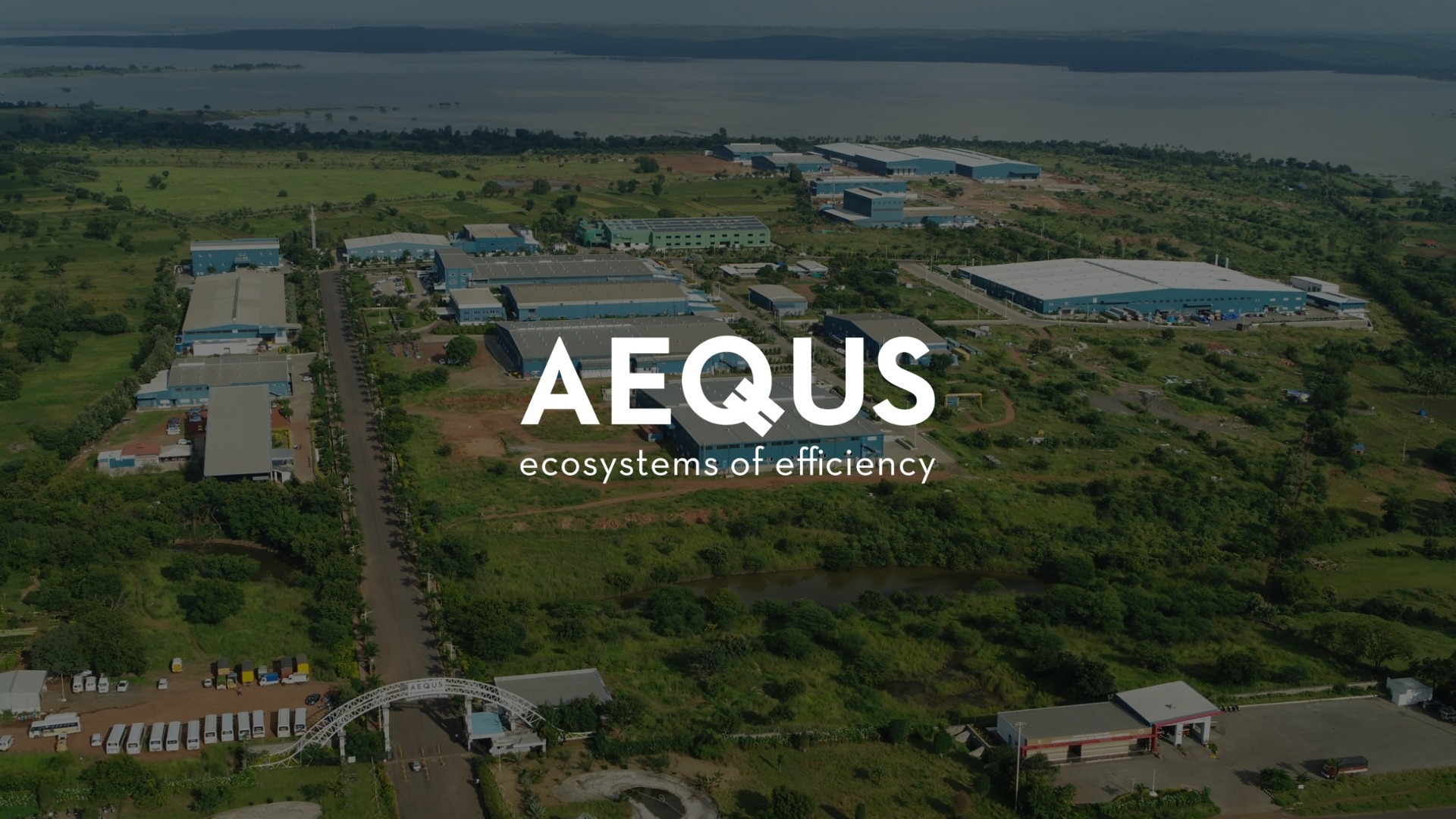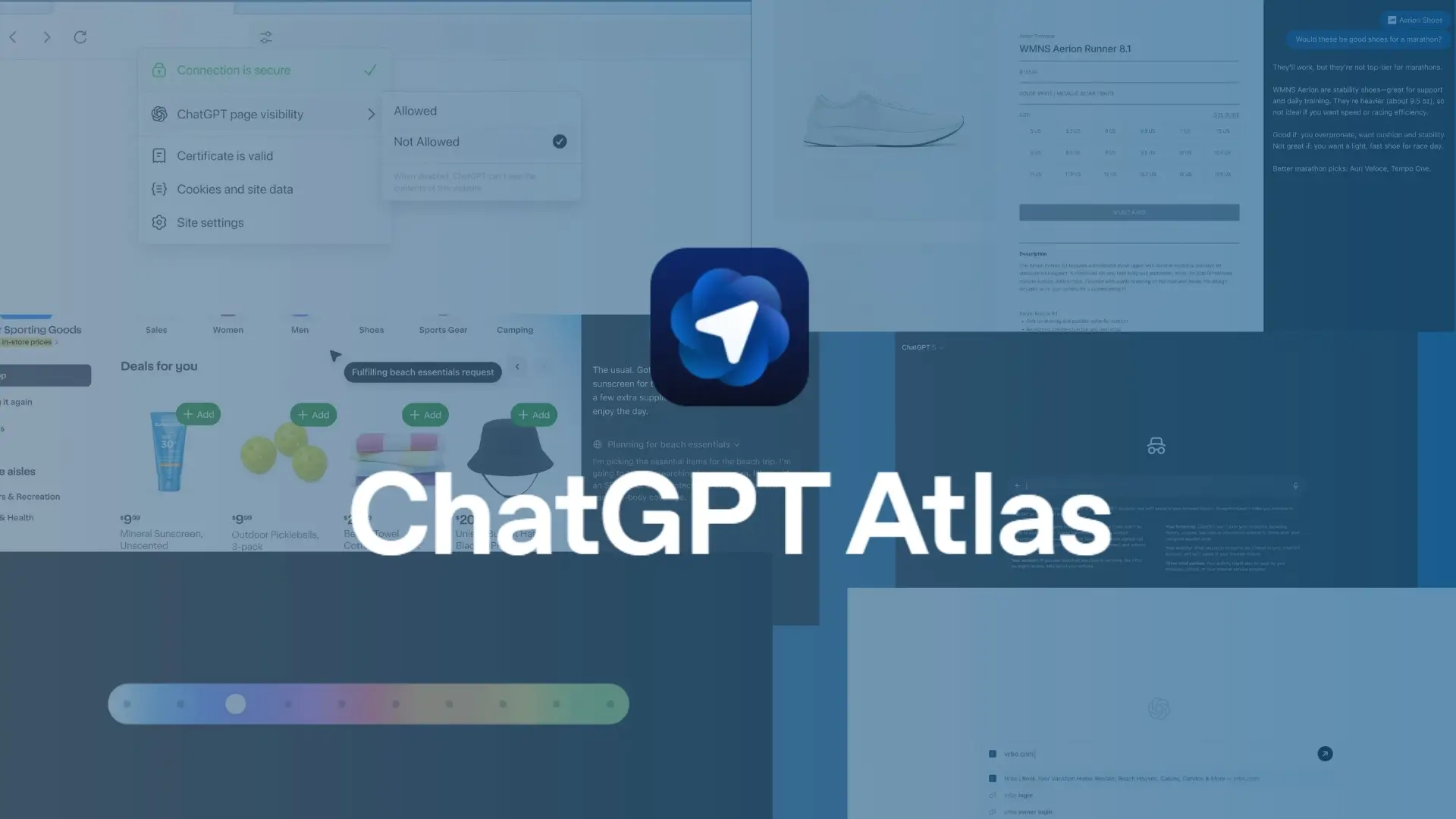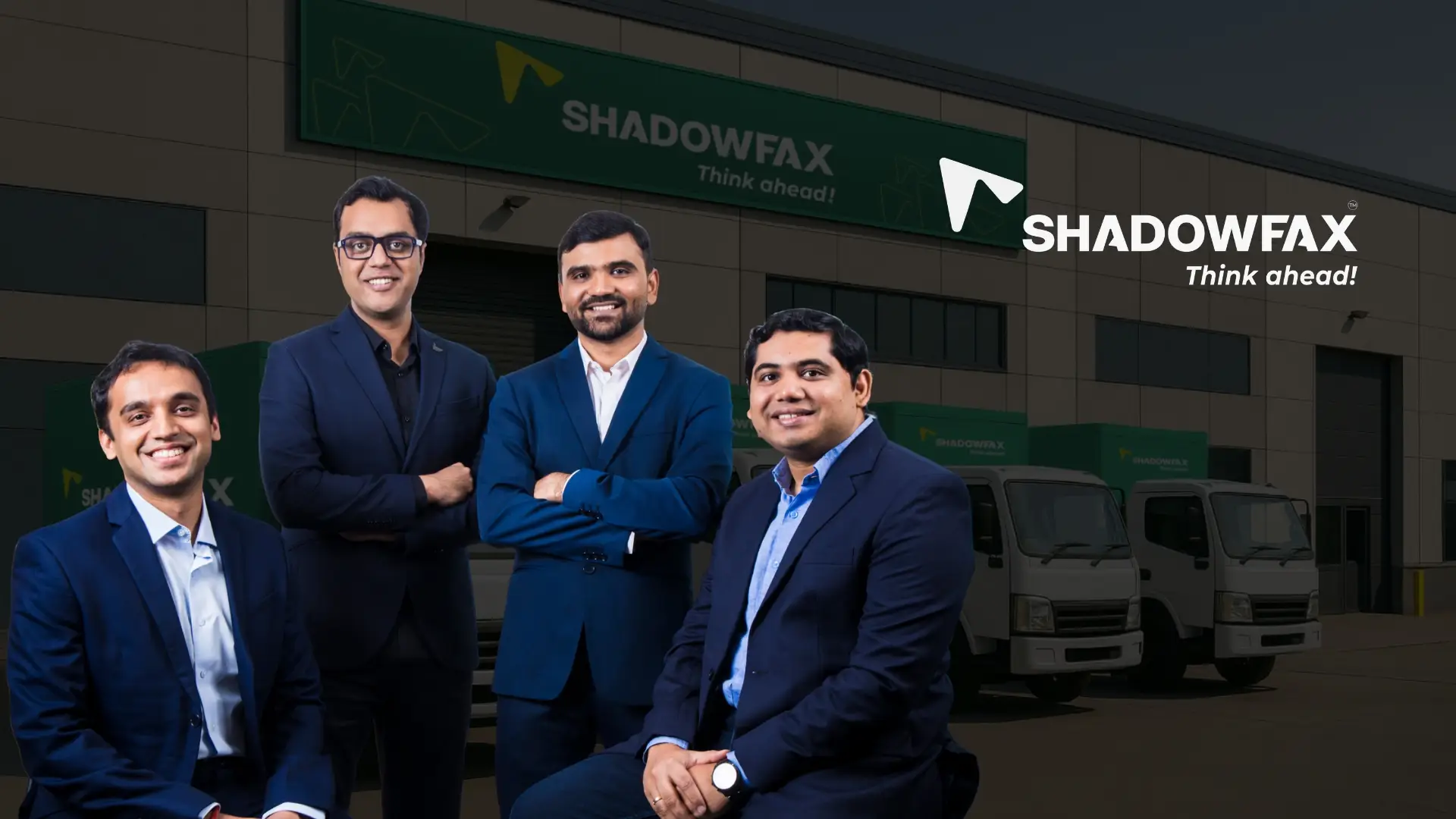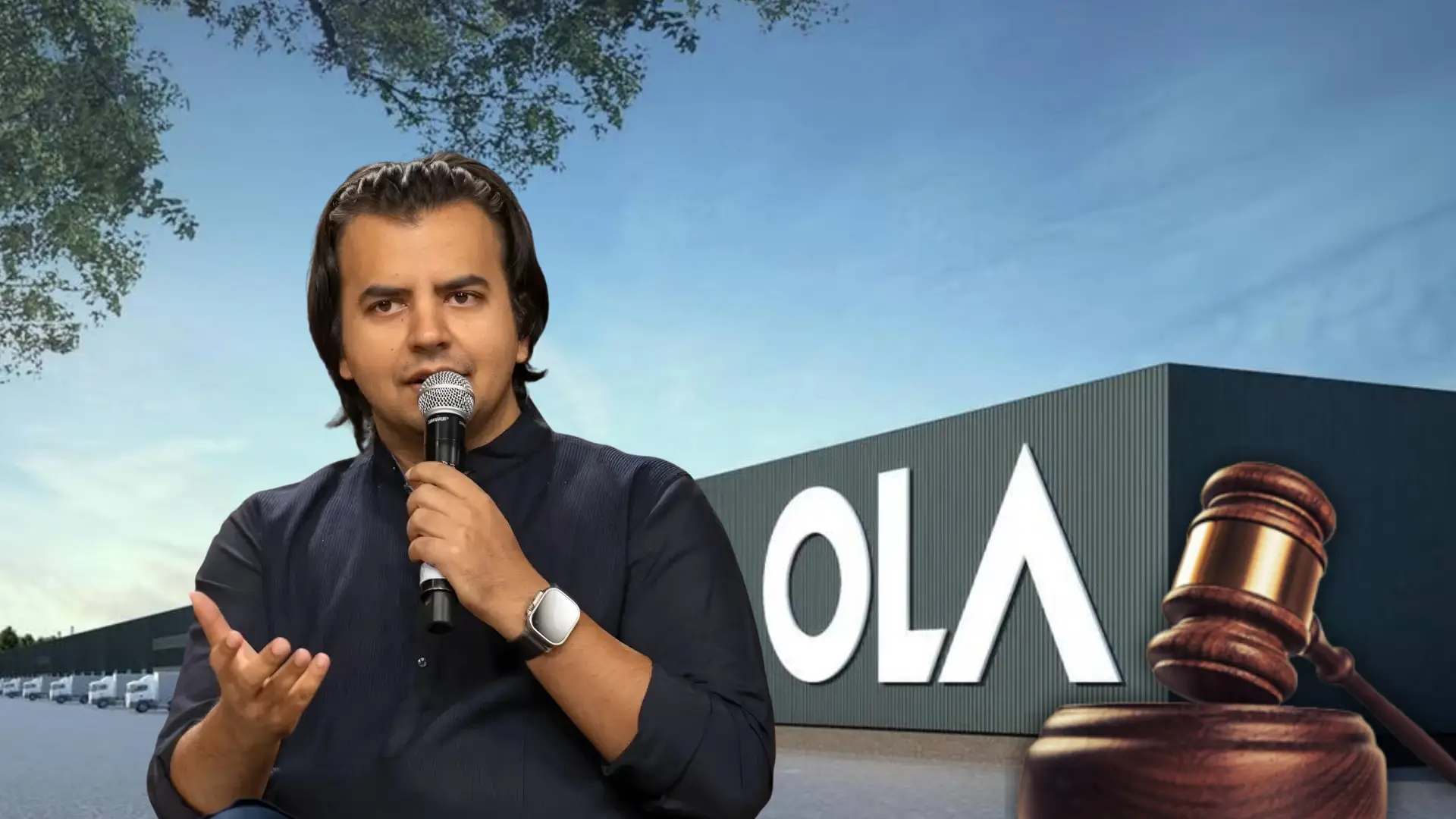How often do you travel by flight? Well, if you are someone who travels frequently, observe this: when you fly on an Airbus A320, try to look at the spinner, which is the rotating part on the engine. And when you sit next to the overwing exit or emergency door, try touching the parts. In these two cases, there are chances that you are seeing or touching parts that are made in Belagavi, Karnataka. And not just that, there are even chances that the wheels of the flight might come from here. These aren’t just random claims. This comes straight from Aravind Melligeri, the co-founder of Aequs, one of India’s leading aerospace manufacturing companies.
Aequs, based in Belagavi, has quietly become a global player manufacturing precision component for some of the world’s biggest aircraft manufacturers. Aequs was originally started in 2006 as QuEST Global Manufacturing, focusing on manufacturing opportunities within QuEST Global. It later rebranded as Aequs in 2014, signifying a distinction between its manufacturing and engineering services businesses.
Aequs makes very detailed and carefully crafted metal and plastic parts. These are not everyday parts. You will find them in • Airplanes (like Airbus, Boeing, and others) • Toys (for global brands like Hasbro) • Cookware and consumer products. They handle almost everything from forging and machining to surface treatment and final assembly. This means they take raw material and turn it into finished parts ready to be used in a plane or product.
Aravind Melligeri is the man behind Aequs, one of India’s most important manufacturing companies. He was born in a small town in Karnataka. Like many others, he went abroad to study and work. He studied engineering in the US and later co-founded a successful company called QuEST Global, which did engineering work for big international clients. He built an entire industrial ecosystem, a place where multiple companies, suppliers, and workers could work together in one large space. That’s how India’s first Aerospace Special Economic Zone (SEZ) was born in Belagavi.
Companies like Airbus, Boeing, Safran, and Honeywell now get aircraft parts made in Belagavi. These parts are made with such high quality that they’re used in planes flying all over the world. Even the wheels, engine spinners, and door parts of aircraft could be made by his company, Aequs. Today Aequs has become one of the biggest companies and has shown the world the power of Made in India.
Aequs has also stepped into toys and consumer products, setting up a 400-acre toy manufacturing cluster in Koppal and another 400-acre hub for consumer durables in Hubballi. These projects are expected to create around 40,000 direct jobs and provide indirect employment to nearly 2 lakh people across North Karnataka.
What we are seeing today is the result of multiple decisions and key strategies taken by the company. One of Aequs’s biggest strengths is its long-term relationships with global brands across all its business segments. The company has strong and steady orders from major players like Airbus, Hasbro, and Wonderchef, which gives it solid revenue visibility for the coming years.
In the aerospace segment, Aequs already has a strong order book for the next three years. And that’s not all; because of its deep expertise in building fully integrated manufacturing solutions, the company has now received an order from a global consumer electronics giant. Expectedly, this new partnership will significantly increase Aequs’s revenue and profitability, paving the way for a significant entry into the high-growth electronics space.
The second biggest strength of the company is that it has built a vertically integrated aerospace ecosystem that delivers the end-to-end value streams. It has built the vertically integrated solutions, including precision machining, sheet metal fabrication, assembling, forging, and surface treatment in the aerospace segment.
Well, let’s also look into their financials. Aequs is showing solid progress in its financial performance. In FY24, the company reported an operating revenue of ₹965 crore, marking a 19% growth from ₹812 crore in FY23. More importantly, it has significantly reduced its net loss by 87%, bringing it down to just ₹14.2 crore. This improvement highlights not just a strong recovery but also a promising future driven by its growing scale, advanced technology, and long-term partnerships with global giants.
One of the key points that we need to track is that the company is in losses. Despite diversifying the revenue streams with the other businesses, it is making losses. Well, there are estimates that the company will turn profitable from FY26 onwards.
And also, the company has other opportunities, such as big global companies (called OEMs—Original Equipment Manufacturers) that depend mostly on China for manufacturing. But now, they’re looking to reduce that risk by adding another country to their supply chain; this is called the “China+1” strategy. So, it is a big opportunity for the company.
So, amongst these scenarios, the company is now planning to go for an IPO in 2025. According to the sources, it filed for the IPO in June. The company is planning to raise about $200 million. Aequs has recently partnered with Magellan Aerospace, a leading aerospace systems company from Canada, to set up a new sand-casting facility in Belagavi, India. This joint venture marks a major step forward in strengthening India’s aerospace manufacturing capabilities and will help produce high-quality components for global aircraft manufacturers. Let’s see how this company will play strategically to turn profitable and perform after its IPO.
Also Read: How Flipkart’s SuperMoney Is Disrupting the UPI Space in 2025








